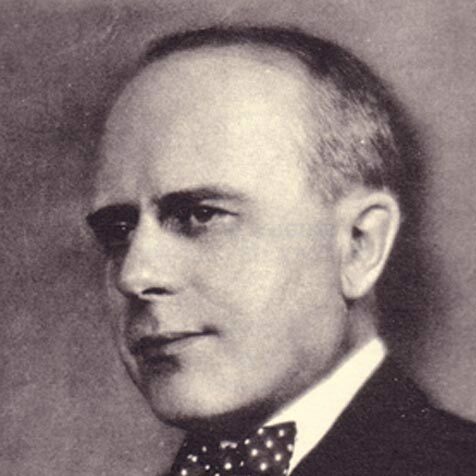The Waldo G. Leland Prize, established by the AHA Council in 1981, is offered every five years for the most outstanding reference tool in the field of history.
“Reference tool” encompasses bibliographies, indexes, encyclopedias, and other scholarly apparatus. The award is honorific. See the list of past recipients.
The general rules for submission are:
- Books with an copyright between 2021 and 2025 will be eligible for the prize in 2026.
- Nomination submissions may be made by an author or by a publisher. Publishers may submit as many entries as they wish. Authors or publishers may submit the same book for multiple AHA prizes.
- Nominators must complete an online prize submission form for each book submitted. Once you fill out the form you will receive an email with the committee’s contact information.
- One copy of each entry must be sent to each committee member and clearly labeled “Leland Prize Entry.” Print copies preferred unless otherwise indicated. If only e-copy is available, please contact review committee members beforehand to arrange submission format.
Please Note: The competition will open in mid-March 2026. Entries must be received by May 15, 2026, to be eligible for the 2026 competition. Recipients will be announced on the AHA website in October 2026 and recognized during a ceremony at the January 2027 AHA annual meeting.
For questions, please contact the Prize Administrator.

Waldo G. Leland
The prize is named after Waldo G. Leland, a distinguished contributor to bibliographical guides, who served as secretary to the Association from 1908 to 1919. He worked for the Carnegie Institution and the Library of Congress was instrumental in the founding of the National Archives.
Past Recipients
Current Recipient
Thomas Spear, University of Wisconsin–Madison
The Oxford Encyclopedia of African Historiography: Methods and Sources, editor (Oxford Univ. Press)
An extraordinary achievement of interdisciplinary innovation, international collaboration, temporal depth, and ecological breadth, the Oxford Encyclopedia of African Historiography surveys, assesses, and models pathbreaking methods for the understanding of human and nonhuman history throughout and beyond the African continent. From anthropology and archaeobotany in the Bantu-speaking regions to digital resources and oral histories among the Zulu, this expansive, well-indexed, and pedagogically inspiring volume showcases sophisticated and cutting-edge contributions from multidisciplinary, transgeographical Africanist scholarship past and present.